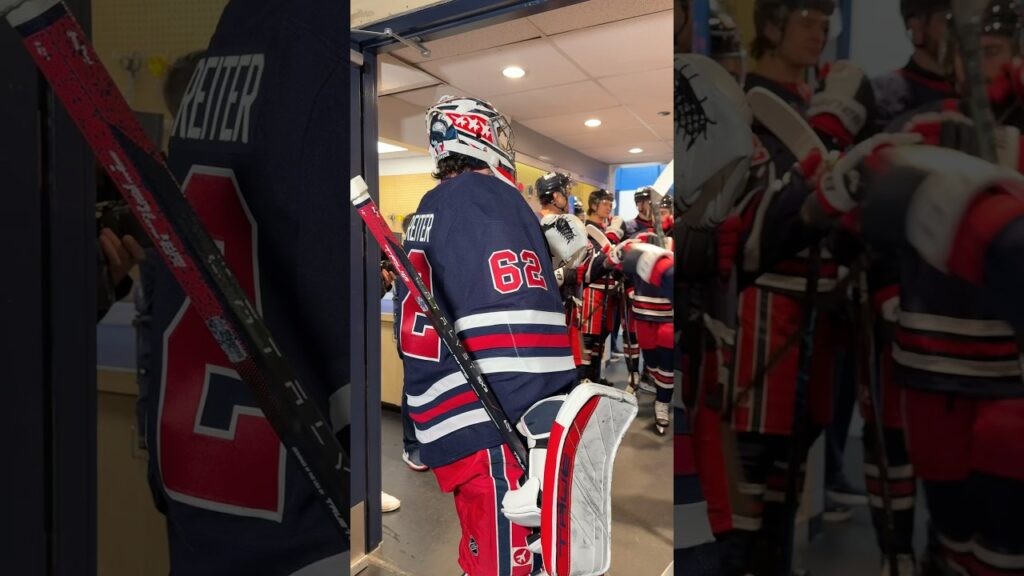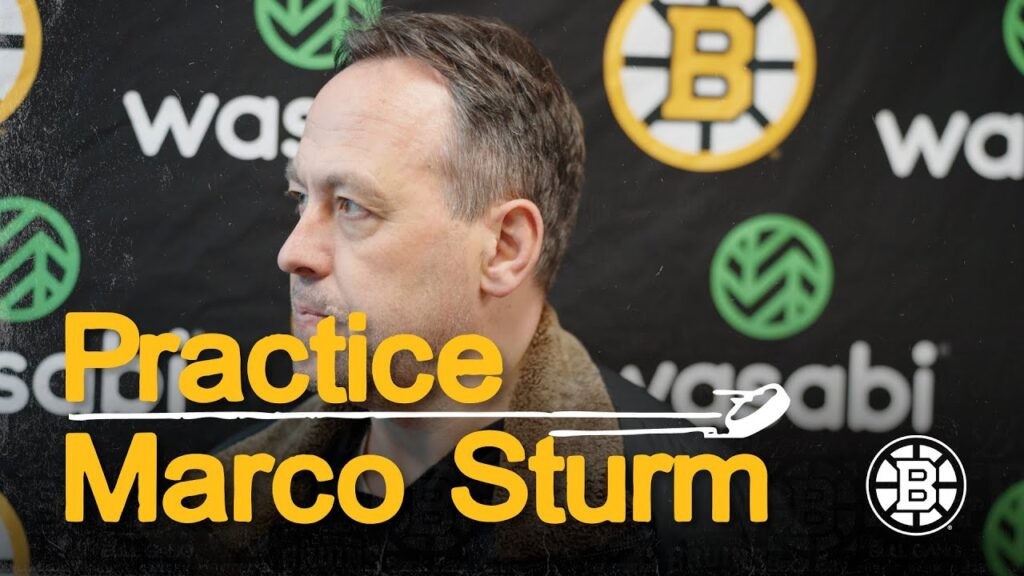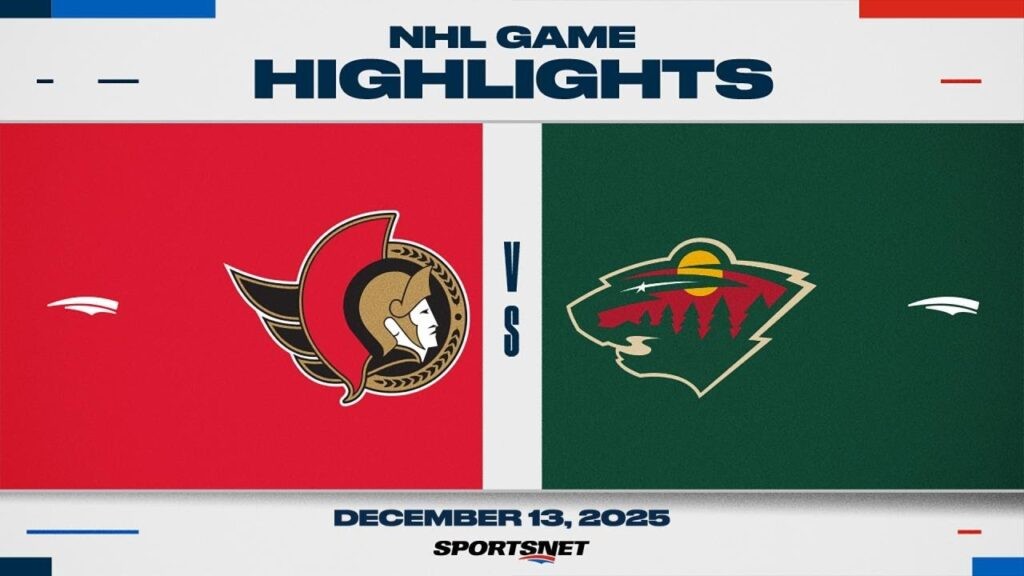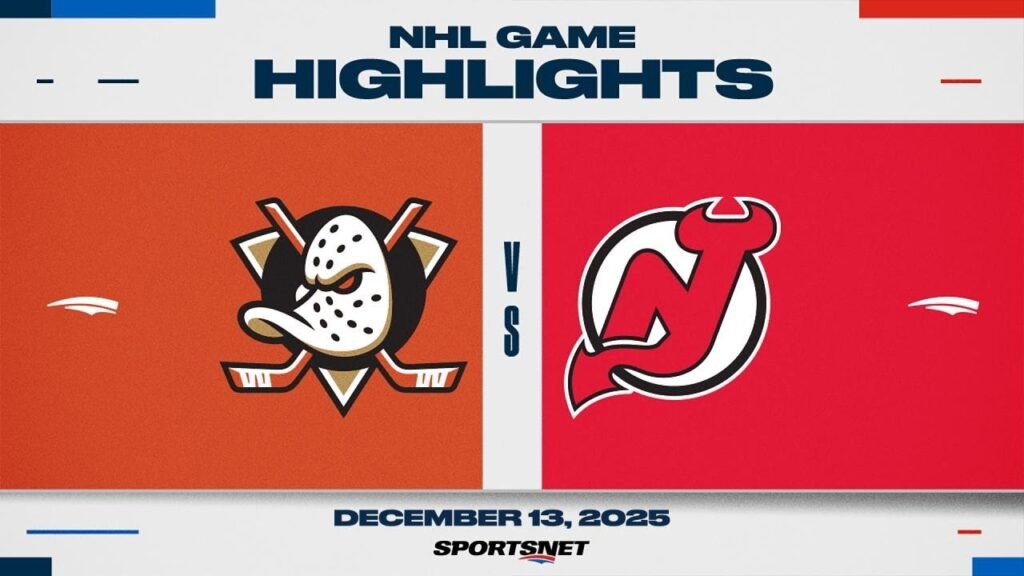A forum for discussing and organizing recreational softball and baseball games and leagues in the greater Halifax area.
All known topics
This page shows a chronological listing of every topic that this forum has received.
The views and opinions expressed in the topics below are not moderated and may not represent the views and opinions of this website.
-
https://www.lovenhl.com/1481864/ Florida Panthers vs Dallas Stars Watch Party Stream Live NHL #CentralDivision #DallasStars #WesternConference
Uncategorized 1
1
-
https://www.lovenhl.com/1481862/ Bill Guerin talks Quinn Hughes Trade #CentralDivision #MinnesotaWild #WesternConference
Uncategorized 1
1
-
-
-
https://www.lovenhl.com/1481858/ Everyone is wearing #62 at warmups to celebrate Nino 😂 #gojetsgo #CentralDivision #WesternConference #WinnipegJets
Uncategorized 1
1
-
-
For #Caturday, a reminder that Widget remains available for adoption in the NYC metro area.
Uncategorized 4
4
-
https://www.lovenhl.com/1481848/ Sharks INCREDIBLE COMEBACK after trailing 5-1 in the 3RD!!!
Uncategorized 1
1
-
-
-
-
-
https://www.lovenhl.com/1481840/ Marco Sturm talks after practice @ MIN #AtlanticDivision #BostonBruins #EasternConference
Uncategorized 1
1
-
-
-
-
https://www.lovenhl.com/1481822/ Ross Colton is ready to play wherever coach puts him #AtlanticDivision #EasternConference #RossColton #TampaBayLightning
Uncategorized 1
1
-
https://www.lovenhl.com/1481820/ Toronto Maple Leafs vs Edmonton Oilers LIVE w/ Steve Dangle #AtlanticDivision #EasternConference #EdmontonOilers #FreeStream #GameHighlights #GAMERECAP #Habs #HockeyNightInCanada #LiveStream #MAPLELEAFSPILERSSTREAM #Map...
Uncategorized 1
1
-
-






